Some people think that EIP1559 burning ETH means sending it to 0x0000...0000 or 0x000...000dead. If the receiving wallet has no private key, it's as good as burned, right? That's true for tokens, and true for all the ETH that was manually sent to these addresses over time, but not for EIP1559's burning mechanism. In that case, the ETH is burned by reducing the sender's balance and having no matching increase to anyone else's balance. By all meaning of the word, it ceases to exist. It doesn't go to an abstract place forever out of reach, it just disappears.
Simplified example: Alice sends Bob 1 ETH and pays 0.01 ETH as a transaction fee
Before EIP1559:
Alice's balance goes down by 1.01 ETH
Bob's balance goes up by 1.00 ETH
The miner that mined the block that includes the transaction sees his balance increase by 0.01
For a total of -1.01 + 1.00 + 0.01 = 0 ETH change on the total supply.
After EIP1559:
Alice's balance goes down by 1.01 ETH
Bob's balance goes up by 1.00 ETH
For a total of -1.01 + 1.00 = -0.01 ETH change on the total supply.
FAQ
Can't you just remove the transaction fee altogether if you're gonna burn it any way?
No. Using the Ethereum network requires using gas, an abstraction of the concrete amount of computation and storage state used by the transaction. This has an intrinsic value (denominated in Ether) as far as things having value due to supply vs demand go. There is only so much gas (up to 30M every 13 seconds or so) and a lot of people want it. Limited supply, high demand = high price.
Not paying for gas would mean the system would get clogged up, the same way things in the real world quickly run out when their price is artificially set lower than their actual value.
But why tho lol?
Prior to EIP1559, blocks were always full. Consider a 100% block full of transactions that all have the same gas price at 50 gwei. Clearly, this means the value of gas at that particular point in time, as decided by the market, was 50 gwei. This means that someone willing to pay 50 gwei should be able to get their transaction confirmed. But if the block is full, that's impossible. You now have to up your bid to 51 gwei to bump someone else off the block. Or 55-60, if you want to play it safe because other people are thinking the same way.
Paying more than the actual fair-market value is economic inefficiency. You paid extra, and someone who paid the actual value couldn't get it.
After EIP1559, blocks are targeting 50% capacity (and the gas limit was doubled to account for it). This means that if the block is 50% full of transactions paying 50 gwei, then there's still room for an extra one who pays 50 gwei. Having more than half just means demand went up, so the next block might price gas at 51 gwei. But the important bit is that this system is more economically efficient. You pay the actual value it's worth, not more. It's even better when you consider that you can send a transaction with a max fee instead of a bid. Essentially, you tell the network you're willing to pay up to 100 gwei, but if the actual price was 50 gwei, then you only pay 50 gwei and you get the rest refunded refund. No guess work involved.
But really though, why burn it at all? Couldn't it still go to miners?
The base fee per gas is the actual amount burned for every unit of gas used and is algorithmically decided by the current usage of the Ethereum network. If blocks are more than half full, the base fee goes up. If they are less than half full, the base fee goes down.
If you set your maximum fee lower than the base fee, it cannot get accepted into a block (the same way a transaction is deemed invalid if the sender doesn't have enough ETH in their wallet). It will sit there until a block comes along with a low enough base fee to include it.
Since miners have total control over how many transactions are included in a block, they could game the system to their advantage if they received the base fee. They could simply create dummy transactions from themselves to themselves, and the base fee they would pay would go back to themselves. They could keep block 100% full and force everyone else to pay up artificially high prices.
By burning the fee, they gain nothing by creating dummy transactions.
But it's unfair to miners! They work hard and should get the fee!
It sucks for miners, because they were used to profiting from high transaction fees. But it's actually a better system for the network as a whole when you consider social cost of transactions:
Imagine a world where EIP-1559 was implemented from the start and people wanted to switch to a first priced auction system where miners get all the fees.
People would be asking: Why should transaction fees go to miners? They're not the only ones running the computation. Every single node does, whether they mine or not. Every single transaction is additional bytes to the state that get stored by every single node. All of this extra computation and storage has a cost, and before EIP-1559 no one got rewarded for it other than the one lucky mining node who happened to win the lottery by mining a valid block that included the transaction.
Burning the base fee returns that value in an abstract manner to the network as a kind of a broad tax, instead of an arbitrary reward for merely including it in a block. Yes, mining is expensive, but that's because of proof of work's inherent computation-heavy design, not because of transaction computation. Rewarding the work done under PoW is literally what the block reward is for.
They decided to burn ETH to increase the price!
No. All the bullish talk about potential deflation and any effect of EIP1559 on prices is a side-effect of the overall mechanism. "Curbing inflation" is nothing but a side-note in the actual proposal.
The reason for burning it is outlined above, anything else is an added benefit. The stuff about social cost was detailed by Vitalik in his original ethresearch paper about general pricing, way before EIP1559 came about.
[link] [comments]

You can get bonuses upto $100 FREE BONUS when you:
💰 Install these recommended apps:
💲 SocialGood - 100% Crypto Back on Everyday Shopping
💲 xPortal - The DeFi For The Next Billion
💲 CryptoTab Browser - Lightweight, fast, and ready to mine!
💰 Register on these recommended exchanges:
🟡 Binance🟡 Bitfinex🟡 Bitmart🟡 Bittrex🟡 Bitget
🟡 CoinEx🟡 Crypto.com🟡 Gate.io🟡 Huobi🟡 Kucoin.
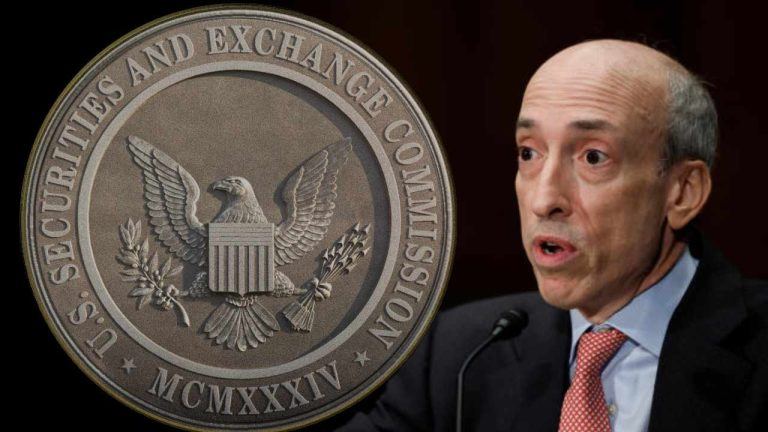



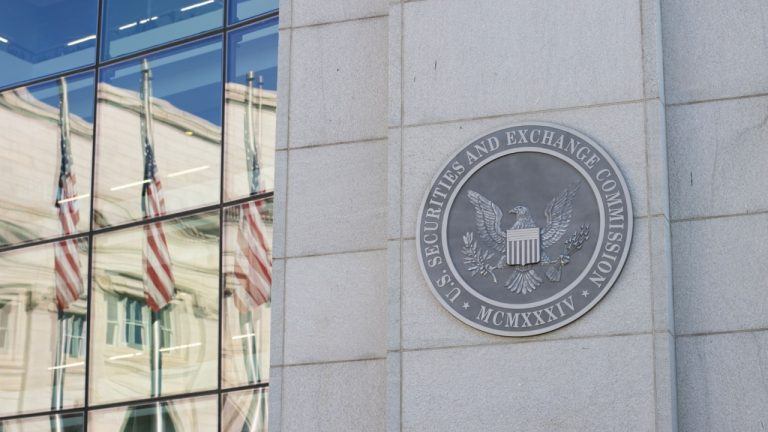


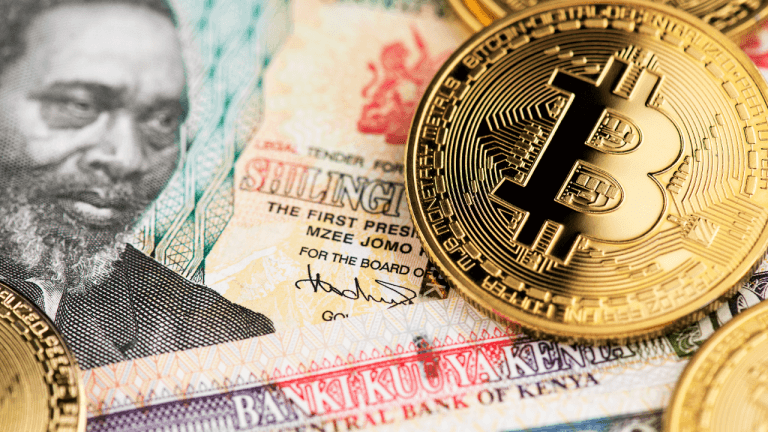

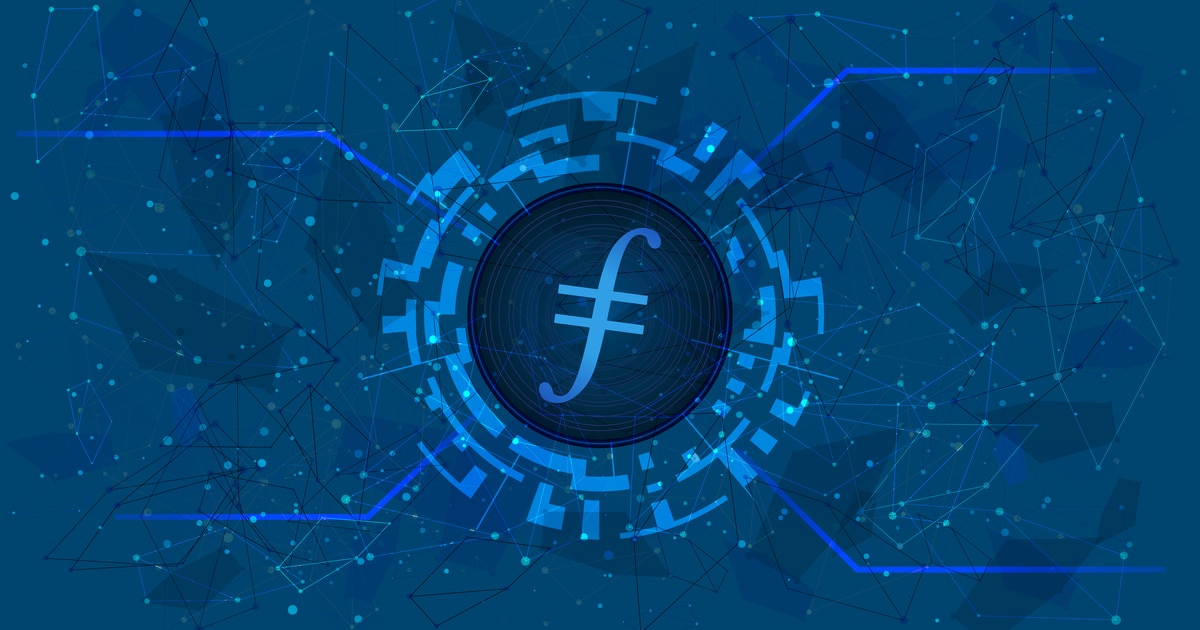

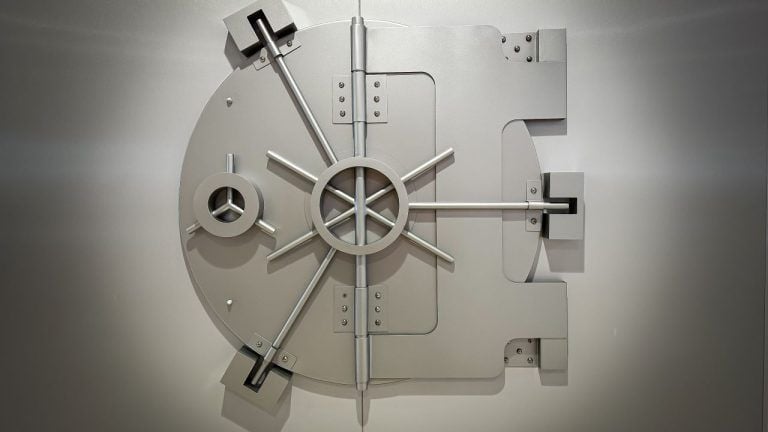


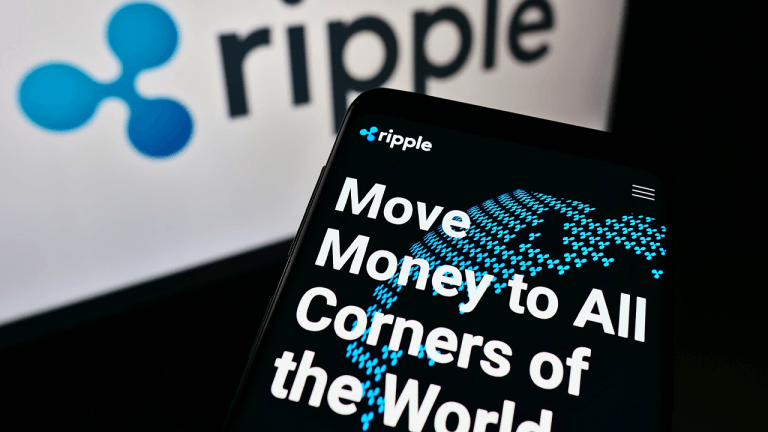


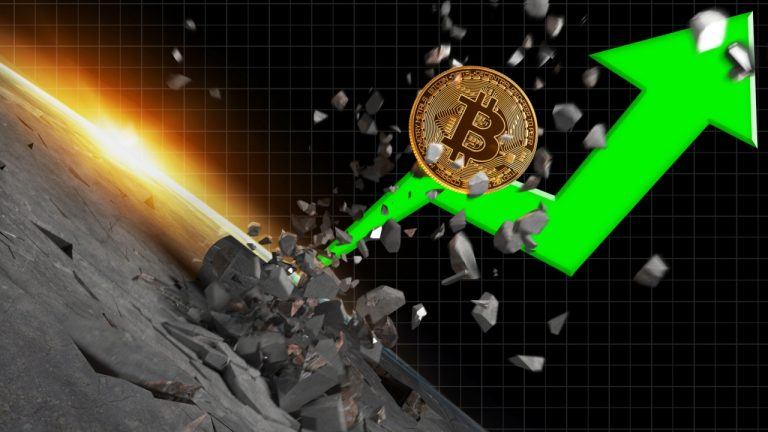
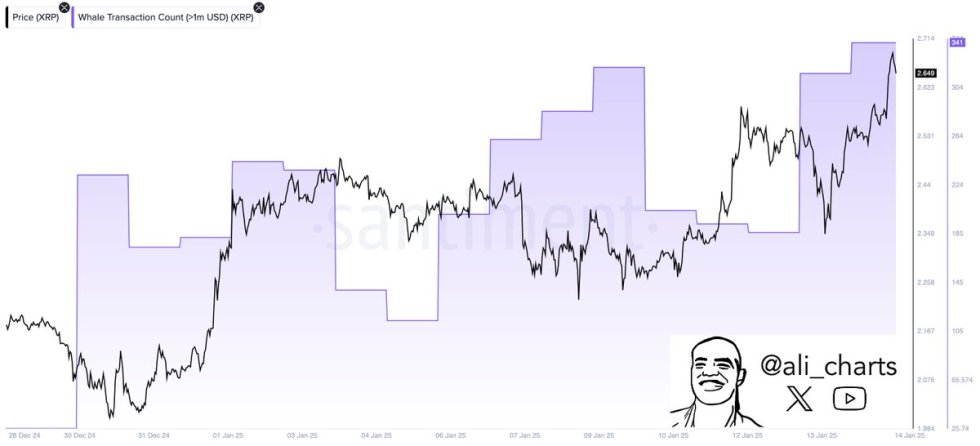
Comments